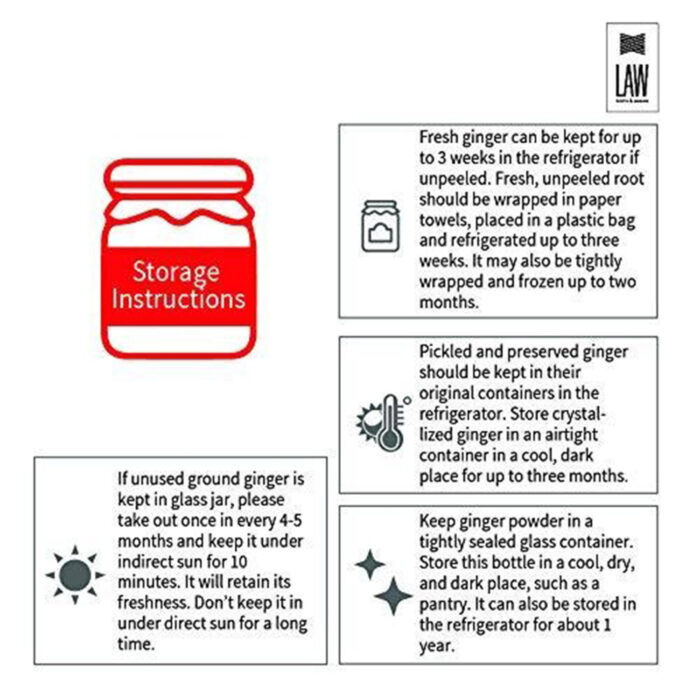
Essential Guide to How to Become a Dental Hygienist in 2025
Becoming a dental hygienist is a rewarding and fulfilling career path in the growing field of dental health. This essential guide explores effective steps to embark on this journey and achieve your goal. As we move closer to 2025, understanding the requirements and practices will ensure you are well-prepared for a successful dental hygiene career.


Understanding the Dental Hygiene Degree Requirements
The foundation of your journey to become a dental hygienist starts with obtaining a dental hygiene degree, which is typically offered at an associate level or higher. Accredited dental hygiene programs teach you essential knowledge and skills, including oral health education and patient care strategies. Courses you can expect to undertake include dental hygiene classes focusing on preventive care, clinical practice, and patient management.
The Importance of Accreditation
Choosing an accredited dental hygiene program is critical for your future career. Accreditation assures you that the program meets high educational standards set by recognized institutions. Additionally, an accredited program is necessary for licensure in most states, and attending one can enhance your job prospects upon graduation. Look for programs accredited by the Commission on Dental Accreditation (CODA) to ensure a solid educational foundation.
Core Classes and Skill Development
Your dental hygiene classes will cover various areas like ethics in dental practice, oral pathology, and hands-on clinical experiences. You’ll learn about advanced dental hygiene techniques, including scaling and polishing teeth, fluoride treatments, and patient assessment skills. It's beneficial to engage actively in these programs, as they provide not only academic foundations but also valuable networking opportunities within the dental community.
Scheduling for Internships and Hands-on Experience
Internships are often part of the dental hygiene program, allowing students to gain hands-on experience in real dental clinics. Working as an intern in a clinical setting helps you develop practical skills and refine your patient communication skills. Networking during these internships can also open doors for future job opportunities, preparing you for a seamless transition into the workforce.
Steps to Obtain Your Dental Hygienist License
<pOnce you complete your dental hygiene degree, the next crucial step is obtaining your dental hygienist license. Each state has specific requirements, but here are the general steps involved:National Board Dental Hygiene Examination
The first step is passing the National Board Dental Hygiene Examination (NBDHE). This written exam assesses your understanding of core dental hygiene concepts, including preventive dental care and patient care strategies. Proper preparation for this examination is critical; many students utilize review courses and study groups to strengthen their knowledge base.
State Licensing Board Requirements
Each state has its licensing board with specific requirements, which may include a regional clinical examination. It’s essential to research and ensure you fulfill the dental hygiene requirements for your state of practice. Local dental boards can provide detailed guidance regarding documentation and the application process. Always stay updated on local regulations and any changes that could affect your licensure.
Continuing Education Units (CEUs)
Once you have your dental hygienist license, it's vital to engage in continuous learning through dental continuing education. Many states require a certain number of CEUs for license renewal. Participating in professional dental seminars, taking online dental hygiene programs, and joining relevant associations can help you stay current with evolving industry trends and practices.
Exploring Career Opportunities as a Dental Hygienist
<pThe career outlook for dental hygienists remains strong as the demand for preventive dental services increases. Understanding the various career opportunities for dental hygienists can help you tailor your educational and practical experiences accordingly. Employment settings range from private dental clinics to public health facilities.Working in Diverse Settings
Dental hygienists can find jobs in various environments, including private practices, hospitals, and community clinics. Each setting may require unique skills; for instance, working in a community setting might focus more on community service dental hygiene and public health promotion. Understanding the demands of different roles can allow you to choose a career path that best suits your interests and strengths.
Dental Hygiene Salary and Job Outlook
The average dental hygienist salary reflects the increasing value of hygienists in the dental field. According to industry statistics, job prospects in this field are projected to grow, driven partly by an aging population that requires more dental care. Staying aware of dental industry trends can also inform your career decisions.
Advancing Your Career
<pMany dental hygienists pursue opportunities for career advancement through specialization or further education. Options include becoming a dental hygiene educator, researcher, or public health advocate. Pursuing additional certifications or focusing on areas like periodontal disease or pediatric dentistry can also enhance your prospects for advancement and specialized roles.Tips for Effective Patient Care and Communication
As a dental hygienist, establishing effective patient communication and providing high-quality care is essential for success. Mastering these skills is imperative to delivering optimal patient care and achieving job satisfaction.
Building Patient Relationships
<pEffective patient communication skills foster strong, trusting relationships. Take the time to educate patients about their oral health, treatment options, and preventive practices. Use clear and accessible language when discussing treatment plans and ensure patients feel comfortable asking questions about their dental health practices.Implementing Preventative Care Techniques
<pFocusing on preventive care at the forefront of dental hygiene practice promotes overall better outcomes for patients. *Articulating the importance of preventative care, such as regular check-ups and proper brushing techniques, empowers patients to take charge of their oral health. You can provide resources in the form of pamphlets or use oral hygiene products as teaching aids.Utilizing Technology in Patient Management
<pEmbracing technology streamlines dental office procedures and enhances the skills of hygienists in delivery. From electronic health records to advanced dental imaging systems, leverage current technologies for efficient patient management and care. Keeping abreast of advancements in dental care technology can significantly improve your practice efficacy and enhance patient experiences.Key Takeaways
- Obtaining a dental hygiene degree is essential for becoming a dental hygienist.
- Continuous education and licensure play a critical role in career development.
- Strong communication and patient care skills are vital for success.
- Staying updated on industry trends ensures long-term career viability.
FAQ
1. What are the typical job responsibilities of a dental hygienist?
A dental hygienist typically performs duties such as cleaning teeth, taking x-rays, and providing patients with education about oral health practices. They also assist in developing treatment plans and may perform fluoride treatments and dental sealants.
2. What is the difference between a dental assistant and a dental hygienist?
While both roles are crucial in a dental practice, a dental assistant generally supports dentists in clinical duties and patient management, whereas a dental hygienist focuses specifically on patient care related to oral health education and preventative care.
3. Are there online programs for studying dental hygiene?
Yes, many accredited institutions offer online dental hygiene programs, allowing flexibility for students who require it. Be sure these programs meet the necessary accreditation and state licensure requirements before enrolling.
4. How long does it take to become a dental hygienist?
The duration varies based on the program. An associate degree typically takes around two years, while a bachelor’s degree may require four years. Additionally, clinical experience is essential and integrated into these programs.
5. What continuing education is required to maintain a dental hygienist license?
Continuing education requirements vary by state, but most states have mandates for a certain number of continuing education units (CEUs) every few years, focusing on essential topics in dental hygiene and industry practices.